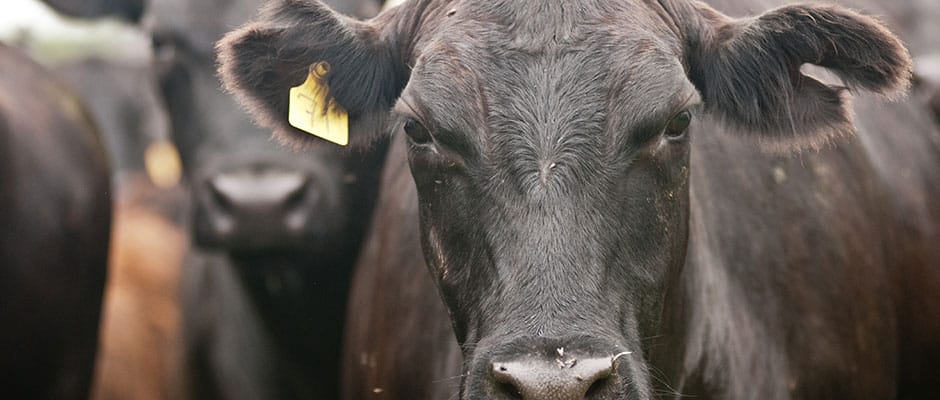Share this article
People Can Offset Biodiversity Losses
There’s hope for improving biodiversity although much has been lost over the years, according to a recent study.
The study published in the journal Nature provides a global view of damage caused by climate and land-use change since the 1500s. Researchers found that by 2005, the number of species in local ecosystems dropped 13 percent on average. The researchers say most of the loss occurred within the last 100 years.
However, the good news is that some of this damaged can be reversed. But to do so, the authors of the study call for worldwide action to tackle climate change.
“Under a positive scenario, despite billions of people being in the world, we still think much of the damage can be undone,” said Lawrence Hudson, postdoctoral research associate and a coauthor of the PREDICTS project, which stands for Projecting Responses of Ecological Diversity In Changing Terrestrial Systems. The project is a collaborative effort of the Natural History Museum in London, United Nations Environment Programme World Conservation Monitoring Centre and British Universities, to perform a meta-analysis to determine how human pressures like land-use change and invasive species affect biodiversity.
The newly published study is the result of this collaboration and the first to analyze the human impacts on local biodiversity globally, according to the authors.
To complete the study, approximately 40 masters and PhD students scanned literature and submitted more than 1.1 million records to the PREDICTS survey database. The data was collected from over 70 countries, including Columbia, China and Portugal, and included 26,593 species.
The researchers modeled past data with four climate change mitigation scenarios developed by the Intergovernmental Panel on Climate Change— a leading international organization under the United Nations that assesses climate change— to determine how human activity would affect biodiversity in the future.
Hudson said the worst outcome in the future is the “business-as-usual scenario,” which is what will happen if human action remains the same such as agricultural practices and population growth. Areas that are the richest in biodiversity and are the poorest financially will see the biggest biodiversity losses, he said. However, much of the damage has already been done in North America and western Europe when it comes to biodiversity loss, so they won’t be impacted as much in the future. On average, they found if no action is taken to tackle climate change, 3.4 percent more local species will be lost across the world by 2100.
Hudson said with a 13 percent biodiversity loss in local ecosystems, most can still provide some of our necessities. However, ecosystems start to break down when losses reach 20 percent. If this happens, people must start paying for things that biodiversity used to provide us for free such as pest and weed control.
“It’s not all doom and gloom, though,” Hudson said. “There are ways to reduce the damage including carbon markets and diet shifts. This can offset some of the losses.”
Hudson said carbon markets, which provide a financial reward to countries with large carbon reserves, help countries limit carbon dioxide emissions, which in turn, reduces the likelihood of further climate change. “It’s recognizing the value in habitat and ecosystems these countries have,” he said.
It also might be possible to offset biodiversity losses if people change their diets, said Hudson, noting that there are vast areas of land set aside for cattle. “Consuming meat less often is talked about quite a lot,” he said. “Globally, doing so will cause living standards to improve.”
Hudson said his team also plans to look at the effects of climate change on protected areas.
“Many people ask what they can do,” Hudson said. “If they look at the supply chain of the goods they consume, hopefully they can change the impact they have on the world.”
Header Image:
Biodiversity losses can be offset if people reduce their meat consumption, since vast areas of land are set aside for cattle, according to researchers. A recent study shows humans can negatively affect biodiversity, but there is also a possibility to offset the biodiversity losses from land-use and climate change.
Image Credit: U.S. Department of Agriculture








